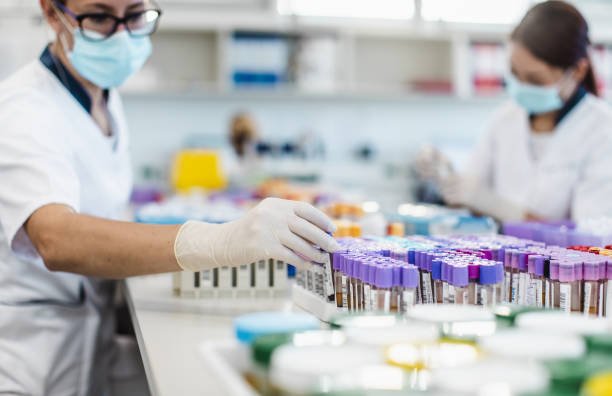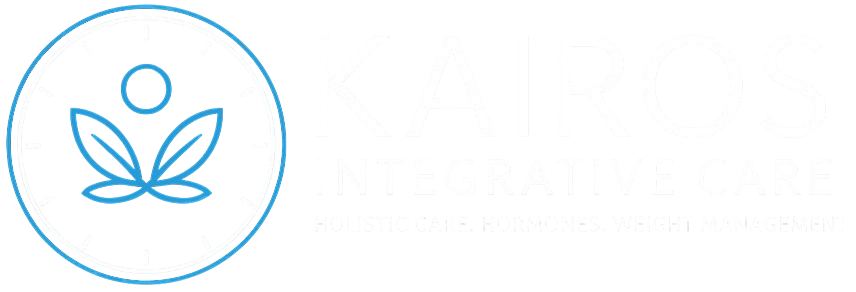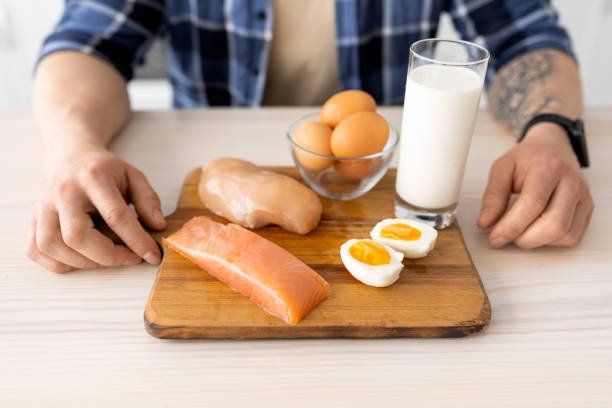Eggs don’t raise cholesterol. Bacon might. Confused? You’re not alone.
Cholesterol in food doesn’t affect everyone the same way. Some people eat eggs or butter and have perfect cholesterol labs. Many people still blame foods like eggs and butter, but the real picture is more complex.
At our clinic, we often see people come in saying, I’ve cut back on cholesterol, but my LDL is still high. That’s because dietary cholesterol isn’t always the issue. In fact, for most people, it plays a much smaller role in raising cholesterol than we were once taught.
That’s why we want to shift the focus. Instead of fearing cholesterol in food, we need to understand how your body handles it, because that’s where the real story lies.
What Is Dietary Cholesterol and Should You Worry About It?
Dietary cholesterol is found in animal-based foods like eggs, shrimp, liver, and full-fat dairy. It’s different from the cholesterol your body makes in the liver, which is actually the main source of the cholesterol in your blood.
Here’s where it gets interesting: for most people, when you eat more cholesterol, your liver makes less of it. That’s why multiple studies have shown that dietary cholesterol has minimal effect on blood cholesterol for the majority of people.
So, an egg or two in the morning probably won’t harm your heart. But the story doesn’t end there.
Is Your Body Struggling to Clear Cholesterol?
When patients ask, “Should I cut out eggs or butter?” Our first question is: How well is your body clearing cholesterol?
Here’s what most nutrition advice overlooks: cholesterol only becomes a problem when your body doesn’t clear it efficiently. Cholesterol isn’t inherently bad. It plays vital roles in hormone production, brain function, and cell repair. But when it stays too long in circulation due to poor clearance, it becomes more likely to oxidize, trigger inflammation, and contribute to plaque buildup in the arteries.
So even if you’re not eating much dietary cholesterol, poor LDL clearance can still raise your numbers and your cardiovascular risk.
What About Bacon, Butter, and Saturated Fat?
Here’s where things get more personal. While dietary cholesterol, like that in eggs or shrimp, has little effect for most, saturated fat, especially from processed meats, excess butter, or fried food, can raise LDL significantly. But again, it depends on your metabolism.
People with good clearance can tolerate more fat without issues. But if you’re someone whose labs show insulin resistance, sluggish liver enzymes, or high triglycerides, saturated fat can hit you harder. That’s why bacon may cause problems where eggs don’t.
What We Test at Kairos Before Making Diet Changes
If your LDL is high and you’re feeling overwhelmed by conflicting advice, don’t worry. At Kairos Health Integrative Primary Care, we run advanced labs that help us understand how your body responds to dietary fats and cholesterol:
- ApoE genotype: tells us how your genes handle fat.
- ApoB: measures the total number of atherogenic (plaque-building) particles.
- Oxidized LDL: shows whether your cholesterol is becoming damaged.
- Insulin resistance labs: like fasting insulin, HOMA-IR, and triglyceride-to-HDL ratio.
- Liver markers and SHBG: help us understand how well your liver is clearing cholesterol and balancing hormones.

This kind of testing changes the game. Instead of cutting out foods blindly, we build a plan based on your actual biology.
From a Practitioner’s View
We’ve had patients come in afraid of eggs, only to find that their markers are optimal. They’re clearing LDL efficiently, they have no signs of inflammation, and their ApoE is E3/E3, so we bring eggs back in their diet without fear.
On the other hand, some people, especially those with the ApoE4 gene or insulin resistance, can see their LDL levels rise with too much saturated fat, even if they’re not eating a lot of cholesterol-rich foods.
So instead of asking “Should I avoid eggs?” the better question is, “How does my body respond to them?”
Don’t Fear Cholesterol, Understand It
If you’ve been afraid of eggs, overwhelmed by statin talk, or cutting out foods without results, it’s time for clarity. At Kairos Health Integrative Primary Care, we don’t hand out generic advice.
We test, listen, and guide you with compassion and data. Lola, one of our Board-Certified Nurse Practitioners trained in functional medicine and root-cause nutrition, is here to help you make sense of your numbers and what they mean for your heart, hormones, and long-term health.
We serve patients in Houston, Sugar Land, and nearby zip codes 77046 & 77478. Book your advanced cholesterol review today!




